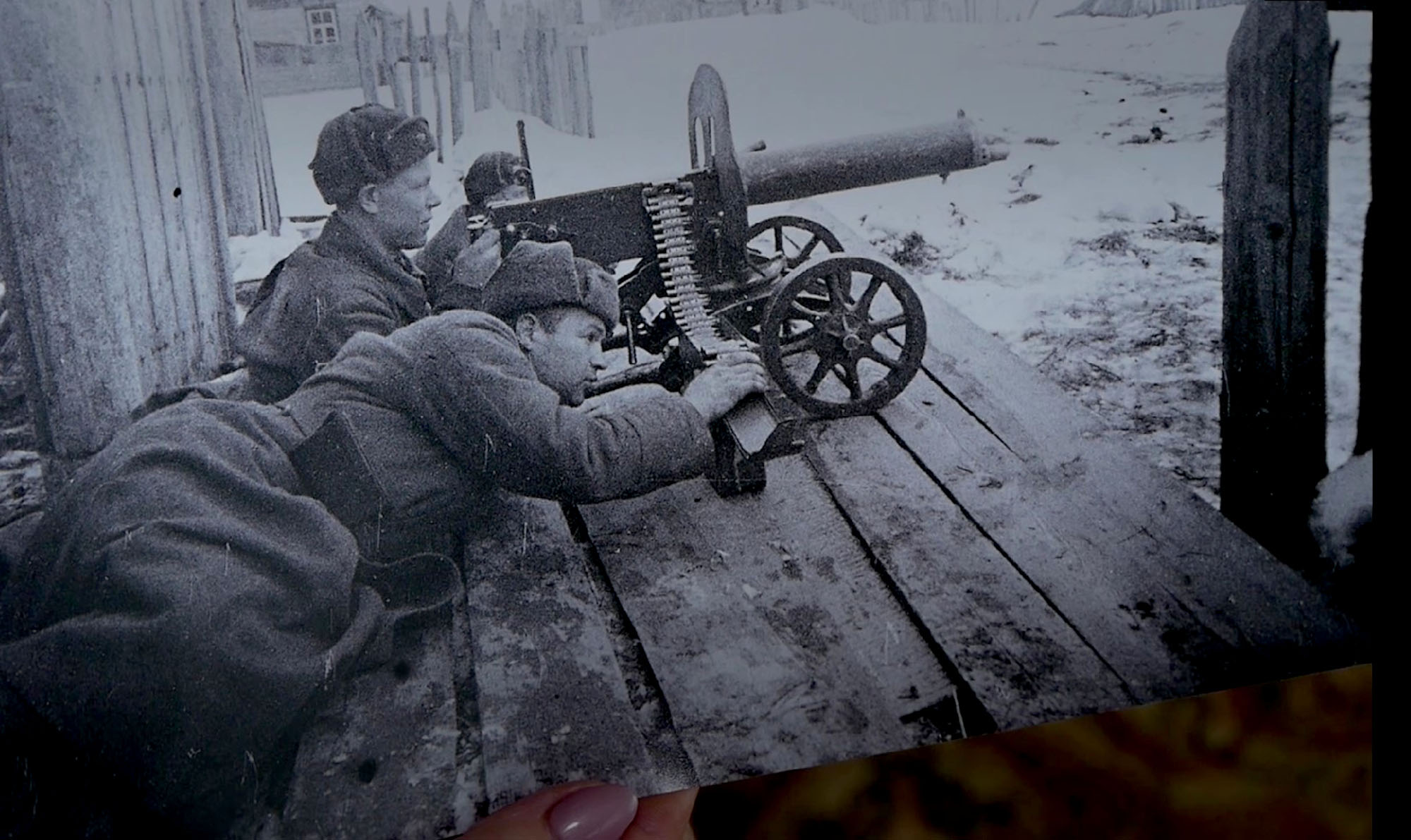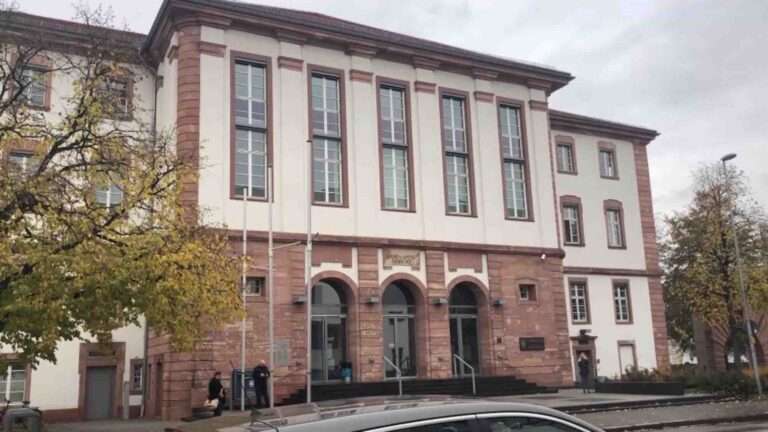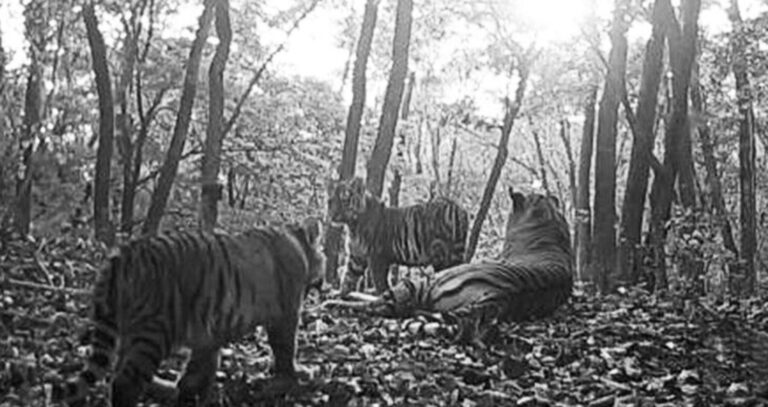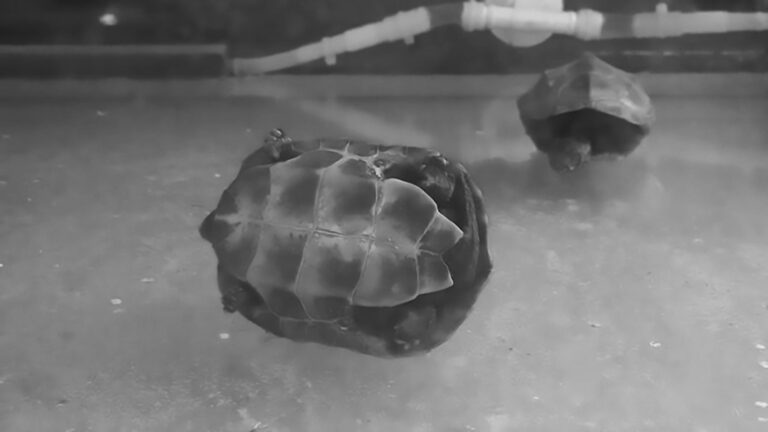A Russian family have been reunited with a photograph taken 79 years ago of a hero ancestor who fought at several key battles for the Soviets in the Second World War thanks to a school project.
Ivan Ivanovich Glukhov was a Russian war hero who had the command of a machine-gun platoon and was one of the few that survived despite serving on the frontline.
His family have always known that he was a brave man who was honoured after he was injured during the war.
He suffered a concussion that left him with head injuries and was also shot several times on the left side of his body, but despite that, as soon as he was back on his feet he was back fighting again and continued until the end of the hostilities.
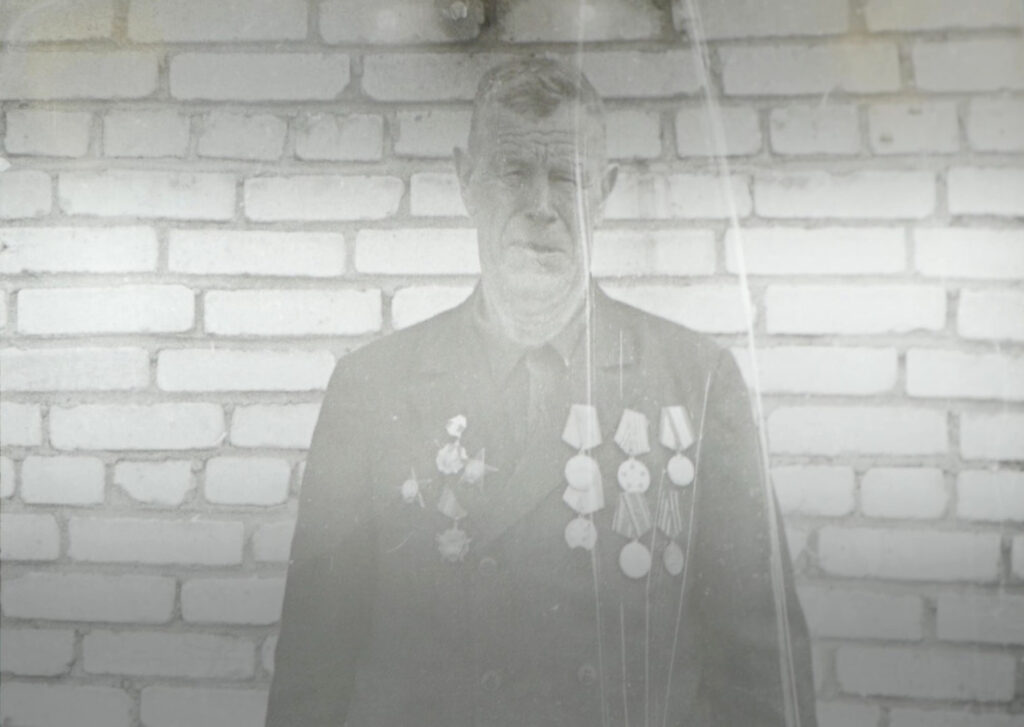
But when he left, he wanted nothing more to do with it and wanted to settle down with a wife and start a family. He did fulfil his wish, living peacefully to the end of his days, but his reluctance to talk about the war meant that his family had little information about that time. The only remnant was an old bag that he kept from when he was a soldier.
But now Russian history teacher Konstantin Timchenko and his students have tracked them down to their home in the Chelyabinsk region of Russia in order to hand over a photograph that they identified as belonging to their relative.
The class had been researching photographs as part of a project which also included trying to identify the people, and the teacher admitted he was fascinated by the picture of the soldier lying on the ground feeding munitions into a machine-gun being operated by a young soldier.
The man lying on the ground teaching the youngster how to use the weapon was identified as Ivan, and after they contacted the family, who sent further pictures of him, it was confirmed the identity was correct.
Timchenko said they actually started the project six years previously with several soldiers that they were trying to identify and also return the pictures to their families for a project. They were also trying to piece together the story of the individuals in the photographs and what happened to them afterwards.

In order to track down the family of Ivan, the class visited the Russian State Archives for Film and Photo Documents, where they had tried to find material in the rifle division.
Glukhov’s niece, Olga Maleva, said the family were stunned when they got the phone call saying there was a photograph that they did not know existed.
She said excitedly:” After I found out about the existence of this picture, I immediately contacted Konstantin Timchenko, and sent him all the military photos of my grandfather so that he could compare, look and clarify again to make sure it was my grandfather’s picture.
“I cried when I got it because I realised this was indeed my grandfather. He came a long way after that. In June 1941, in the early days, he went to war. He fought on the Kursk Bulge in Narva, took Konigsberg, and came out of the army in February 1946.”
The battle of Kursk that she refers to involved fierce fighting between German and Soviet forces on the eastern front near Kursk south-west of Moscow between July and August 1943. The Germans had launched operation citadel but stalled, allowing the Soviets to fight back.

Hitler had believed that victory would show the Germans had superior force and shore up his relationship with his allies, but the Soviets were warned in advance and Germany were never able to muster enough forces to launch a fresh attack again. The Soviet victory was therefore regarded as a turning point in the war that led to the eventual defeat of Germany.
The second incident she mentioned was a Soviet attack on Konigsberg in East Prussia in the summer of 1944.
Joseph Stalin had personally ordered the city to be bombed and when it was finally occupied in 1945 more than 90% of the city had been destroyed with the rest expelled when the Soviets occupied the city and it was rebuilt as Kaliningrad.
Glukhov’s daughter Rimma Morozova added: “He never liked to talk about the war at all. It was generally a forbidden topic for him. He said that he endured so much with this war. He didn’t even like to watch films about it and never talked about it. He was a good soldier, even wanted him to stay in the army, but he refused. He wanted to live a peaceful life- to plow the land and raise children.”
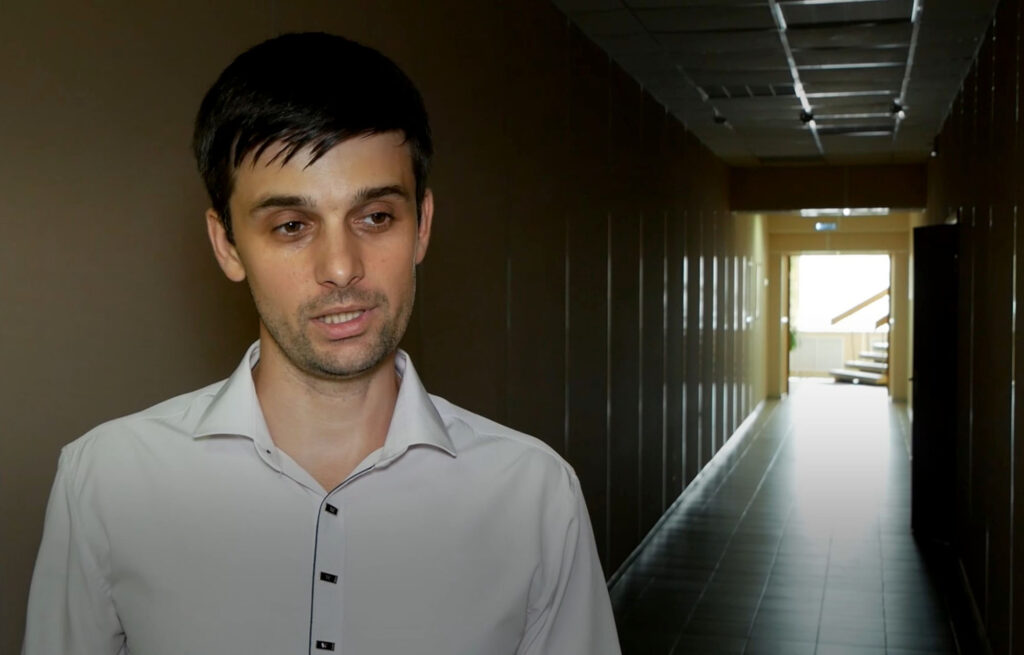
To find out more about the author, editor or agency that supplied this story – please click below.
Story By: Andreea Tabarcea, Sub-Editor: James King, Agency: Newsflash
The Ananova page is created by and dedicated to professional, independent freelance journalists. It is a place for us to showcase our work. When our news is sold to our media partners, we will include the link here.

